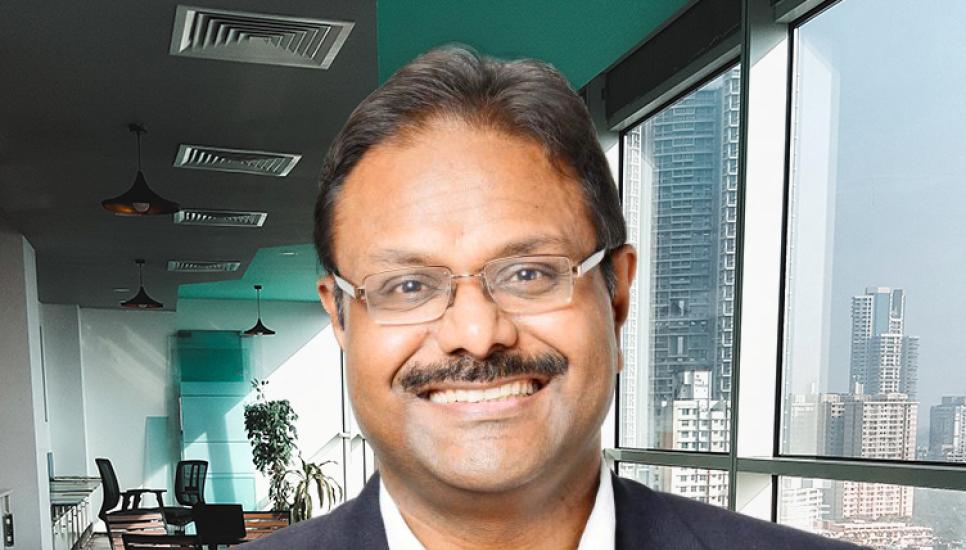How Covid-19 spurred an Indian family business to embrace ESG

In the family council meeting in a city in India, the patriarch of the fast-moving consumer goods family business proudly proclaimed: “I have blocked a bed, nurse, doctor, oxygen cylinder and injection, which will be available for anyone of us if we fall prey to Covid-19. I’m not taking any chances.”
A hand went up: “Uncle, what if more than one of us needed it at the same time?” He smiled and said not to worry.
“We have access and I have managed to arrange for not one, but two fall-back options for both doctor and medicine.”

The retired matriarch asked what the family business was doing for its staff. She said their well-being was the family’s moral responsibility. A heated argument ensued, but she refused to compromise. The matriarch had seen such public health crises unfold before and knew the consequences. She reminded them of the founder’s motto: “My people first”.
“Let’s be humane first with the people who serve us and to the community, of which we consider ourselves an important part,” she told the meeting.
“If people fall prey to the virus, our business and its performance can go for a toss. If we invest in their wellbeing, our well-being is guaranteed.”
Several family members were more concerned about their survival, lifestyle and profits. However, there was a discussion in the leadership team. Taking the matriarch’s words to heart, they decided to arrange informal arrangements with hospitals and doctors around each plant and office so that if any need arose, healthcare support could be offered by the family business. Vaccinations on site were arranged for all staff, including their family members and dependents. Insurance cover was expanded.

The family business arranged pick-ups and drop-offs of food packets, basic medicine and groceries for all staff to help their safety and comfort. A smart phone with a prepaid sim was offered to all staff who needed it so their children could learn online.
For some members of the leadership team, it all seemed too much to offer. They calculated the cost to the business, and it seemed very steep. In their minds the return on investment was negative.
Nevertheless, the matriarch went further and formed a task force of staff, managers and family members from different generations. Their agenda was not only the wellbeing of their people, but also the planet.
They developed a wellness initiative for staff and sought to earn more carbon credits. They resolved to cut waste and fuel consumption and improve employee safety. They introduced digital connectivity, reducing paperwork and layers of hierarchy.
Before long, the family business found its staff performance and loyalty improved. Greater maintenance and care led to savings and carbon credits. Working from home was restricted to office hours. Zoom meetings were not be held during odd hours or on weekends unless there was an urgent need and those were to be approved by this committee. Mental health support was made available confidentially.

The matriarch reminded the family of its values and duty of care for staff and community during the Covid-19 crisis. The critics were silenced as an overall better performance emerged and people were much more self-motivated. A spirit of ‘Let me do my best’ was getting embedded across the organisation. A new set of leaders were emerging for the future.
The matriarch’s initiative in thinking locally, based on the founder’s wisdom and principles, steered the family business onto a new course of environmental, social and corporate governance with a global perspective.






